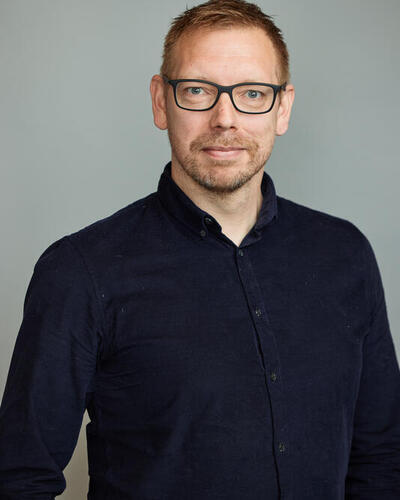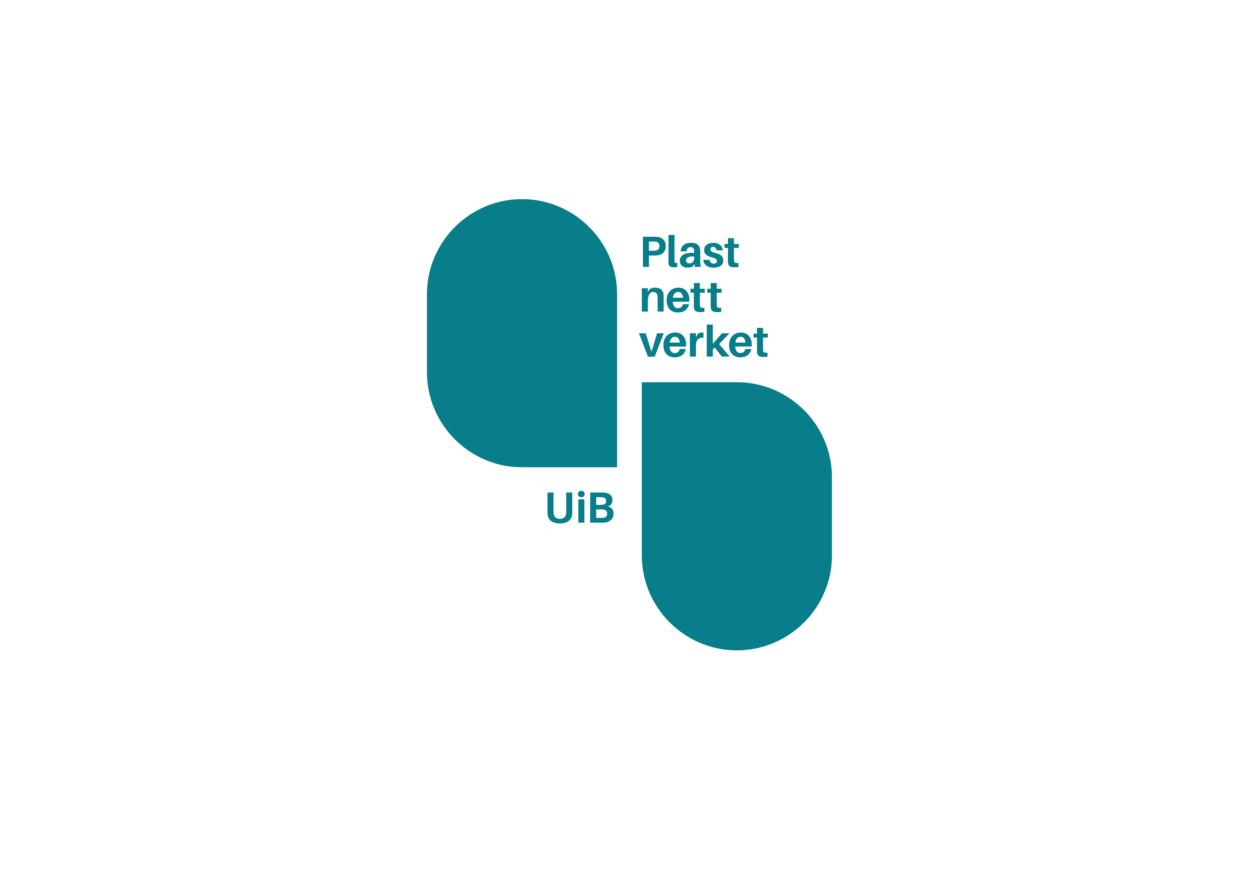Runar Stokke: Microbes from the Arctic deep ocean: a resource for plastic bioremediation?
Velkommen til lunsjseminar i regi av Plastnettverket ved UiB!
Hovedinnhold
Plastnettverket ved UiB er i gang med en serie lunsjeminarer der forskere fra ulike disipliner presenterer fra plastrelatert forskning. Dette er en glimrende anledning til å lære av og interagere med forskere fra både eget, men også annet felt, og styrke nettverket ditt i plastforskning.
Dagens foredragsholder er forsker Runar Stokke ved Institutt for biovitenskap, UiB.
Abstract:
The plastic input into the ocean is stated to be 19 – 23 million tons every year with a suggested persistence of hundreds of years and fragmentation rates as low as 1 – 5 % per year. Hence, there is an urgent need to find solutions to reduce this detrimental pollution into the marine system. My research focus on the fascinating and inaccessible deep-sea hydrothermal vent systems along the Arctic Mid-Ocean Ridges. Since hydrothermal vents are often characterized by steep physical gradients and contain a variety of pH, nutrient and temperature regimes over relatively small scales, they are especially suitable to study diverse microbial communities and adaptations of the microorganisms to their particular niches. Hence, these deep-sea environments constitute Earth’s own natural bioreactor and highly valuable habitat for biotechnological exploration and the discovery of novel microorganisms. In our research group we are using deep-sea hydrothermal in situ incubations to explore the enzymatic machinery for biodegradation of complex polymeric substrates. Plastic polymers are extremely resistant to biodegradation due to its long-chain polymer structure, the hydrophobicity and the crystallinity. Despite that, large numbers of microbes have already been reported to degrade different types of plastic, like polyethylene terephthalate or polyurethane. I will present some of our recent cultivation and genome-centric metagenomics analysis showing promising results to discover bacteria capable of degrading complex plastic substrates.

